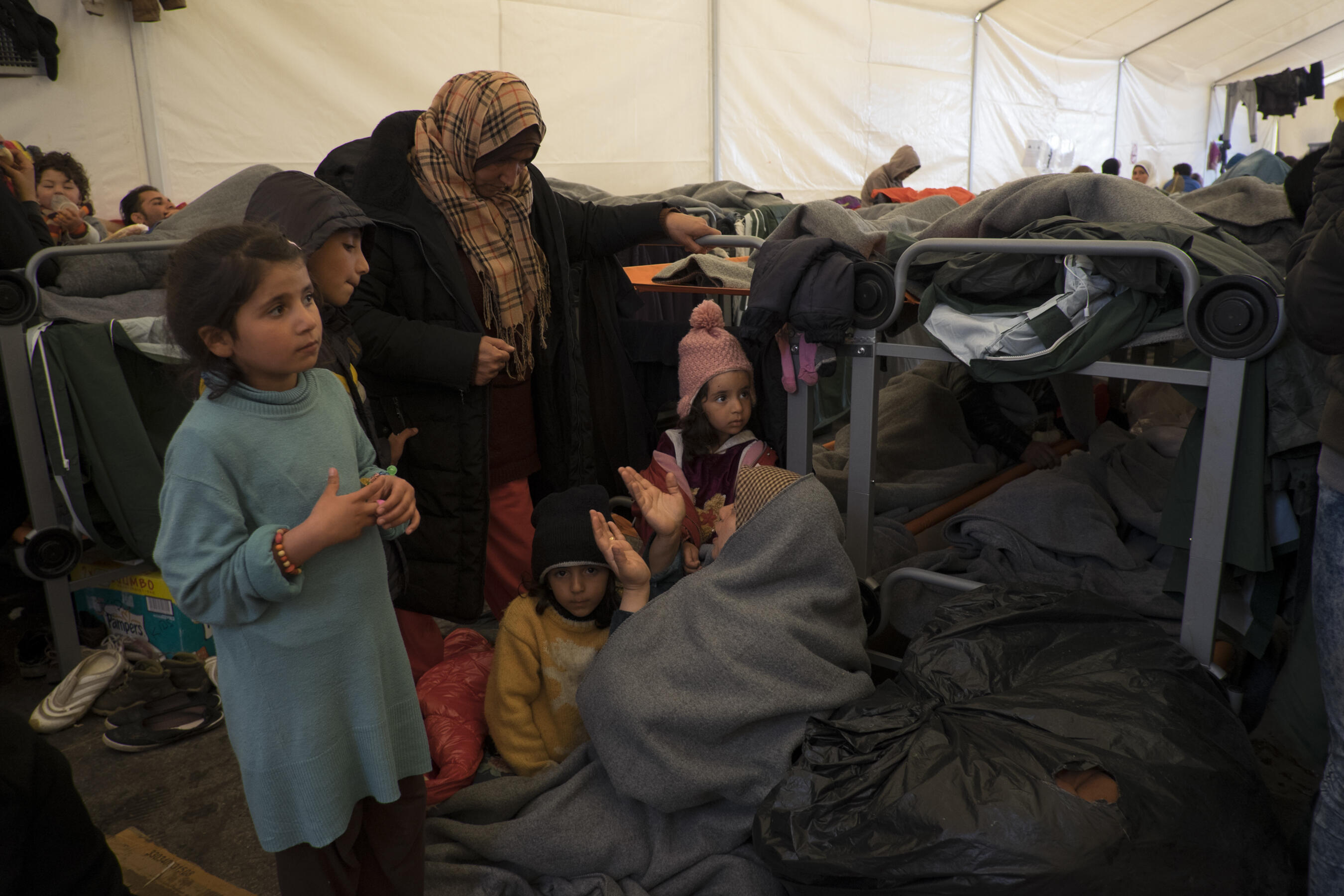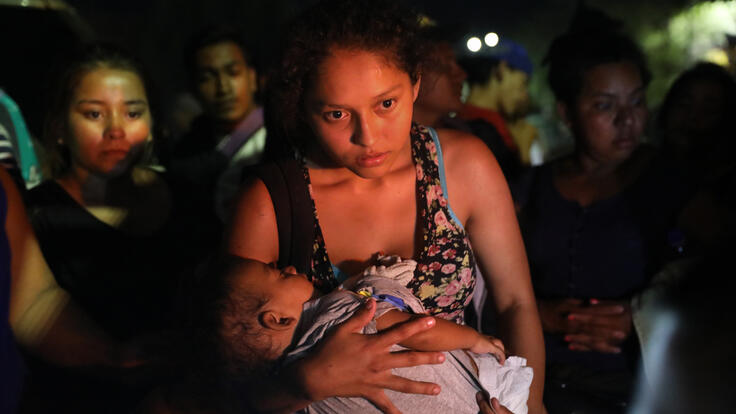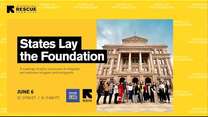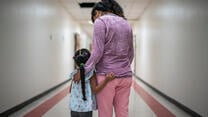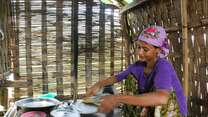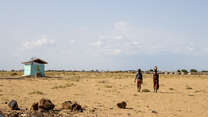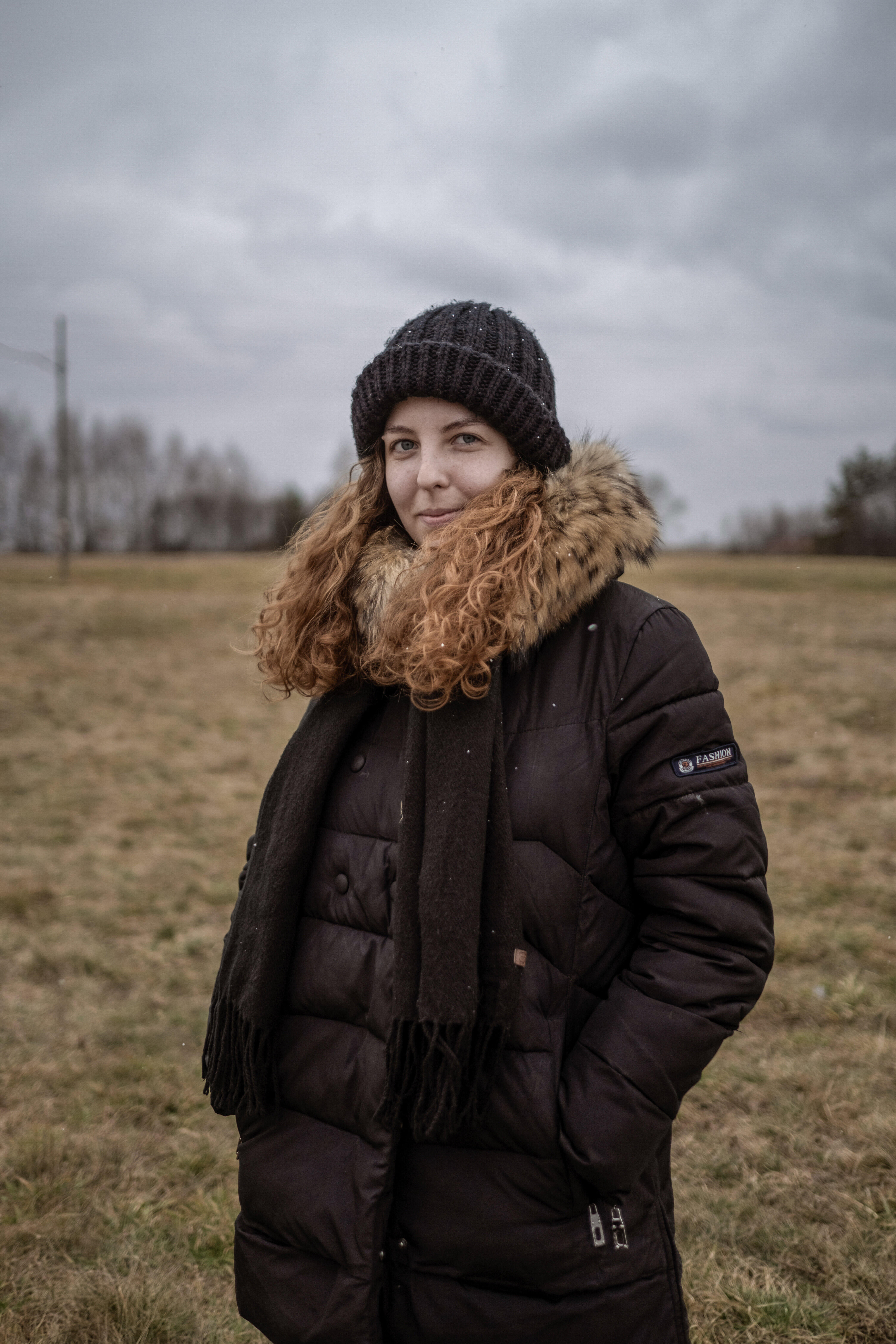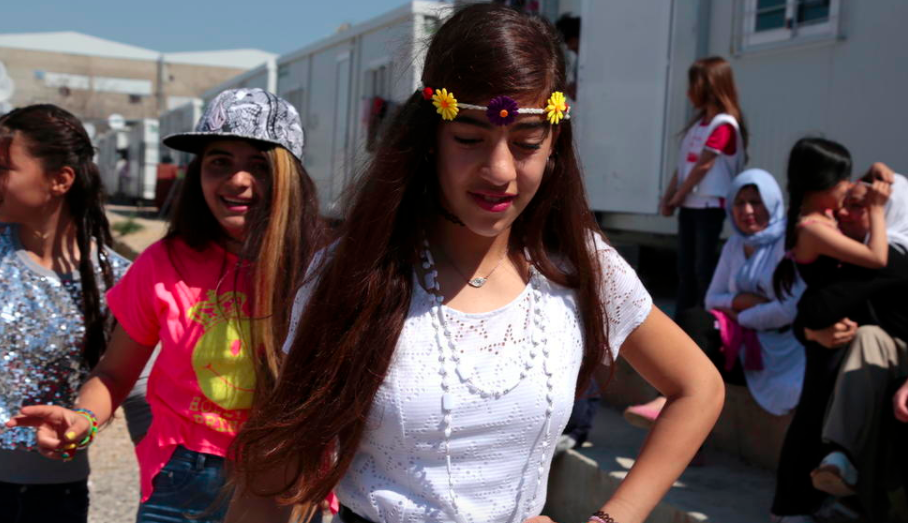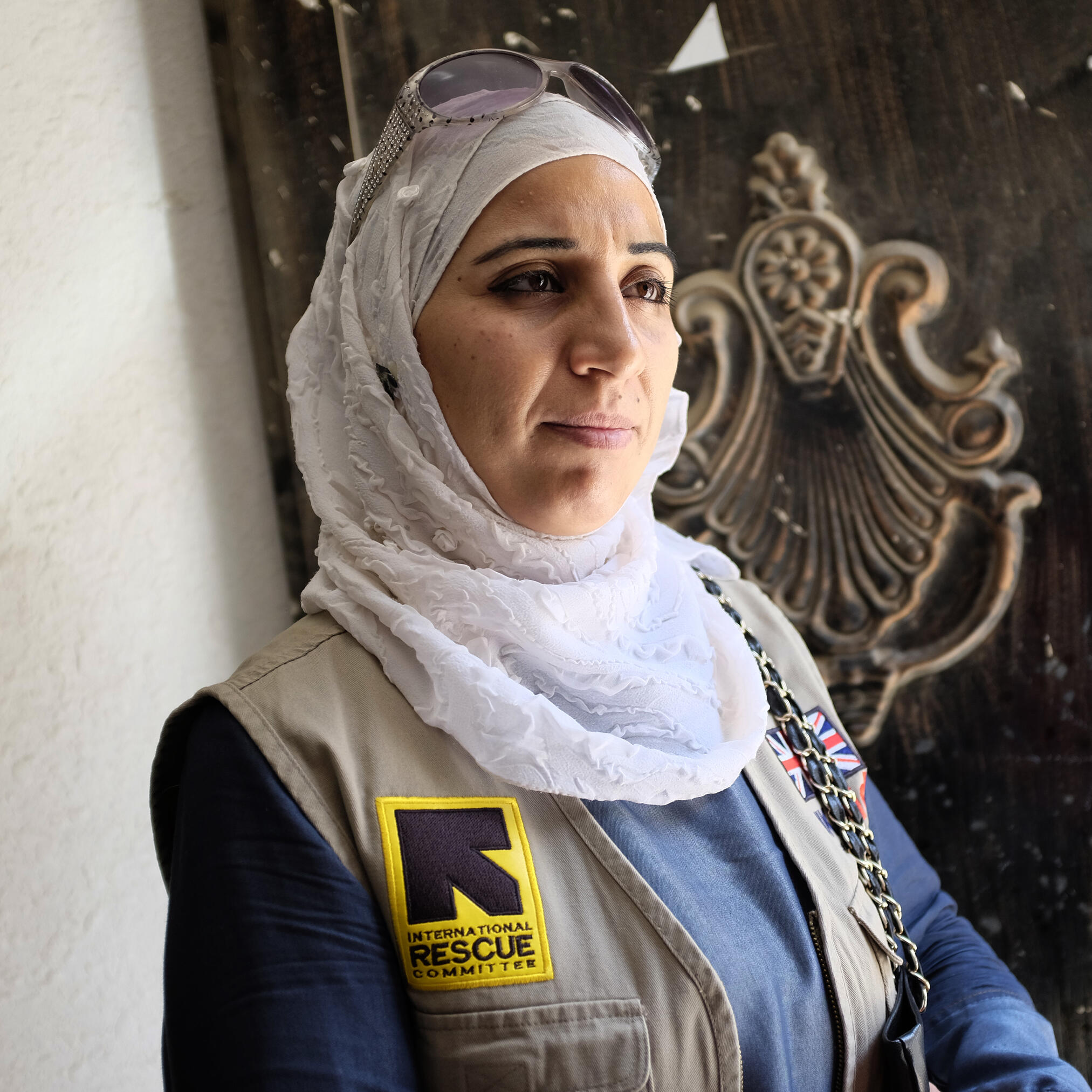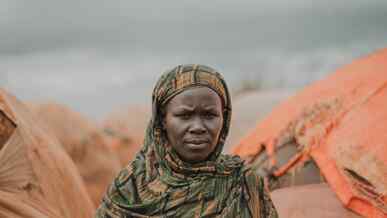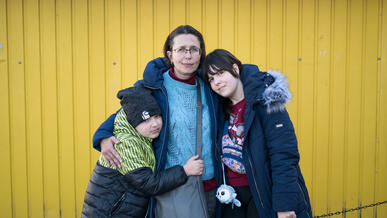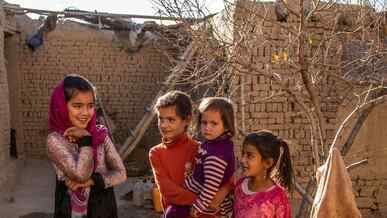UN: There are now more than 100 million displaced people around the world
- The Ukraine war has pushed the number of people forced to flee their homes over 100 million.
- The numbers reflect the conflict in Ukraine as well as ongoing conflict and disaster in countries such as Afghanistan, Syria, Yemen, Somalia, Ethiopia, and Venezuela.
- Overall, the number of displaced persons has more than doubled in the last ten years alone.
- The International Rescue Committee calls for global action to make this World Refugee Day a turning point in the campaign for dignity for the world’s displaced people.
Over 100 million people have now been forcibly displaced worldwide as a result of ongoing conflicts and crises in countries like Ukraine, Afghanistan, and Yemen. The IRC responds to some of the world's worst crises, delivering urgent aid while paving the way for long-term recovery.
Refugees uprooted by the conflict in Ukraine make up 6.4 million of the harrowing 100 million statistic. That's just the tip of the iceberg: According to the United Nations refugee agency (UNHCR), the number of forcibly displaced people worldwide had already risen to 90 million by the end of 2021.
- Decades of violent conflict and natural disasters in Afghanistan have created one of the world's largest refugee populations—and humanitarian needs have only skyrocketed since the shift in power in 2022.
- Since conflict exploded inside Syria in 2011, millions of people have fled their homes.
- Yemen has also been embroiled in a bitter civil war, which has left 80% of the population in need of aid.
- Somalia has been plagued by ongoing conflict and life-threatening droughts for decades.
- Economic instability in Venezuela has driven millions from the country.
- Gang violence in Central America is pushing families seeking safety to the U.S. border.
These are just a few of the crises driving historic displacement at a time when the U.S. is rebuilding its resettlement program after the previous administration's policies denying assistance and safety to refugees and asylum seekers.
The IRC is the only international aid organization working on all fronts of this displacement crisis.
In Ukraine and Poland: In Ukraine, we are working with local partners to provide emergency assistance to people displaced from their homes. We are also on the ground in Poland, working with partners to provide support to refugees, families hosting refugees, and government refugee reception centers on the Poland/Ukraine border.
In the Syria region: Syria, Iraq, Jordan and Lebanon: Thousands of IRC aid workers and local volunteers operating inside Syria and in three neighboring countries have reached millions Syrians fleeing violence with emergency relief and long-term support. We're focusing on health care, protection of vulnerable women and children, education, and economic recovery and development.
In Afghanistan: The IRC has worked inside Afghanistan for nearly three decades and currently reaches millions of people in thousands of communities, focusing on community-driven reconstruction projects and education. We also provide emergency relief to people who have been forced to flee their homes by violence.
In Yemen: The IRC provides lifesaving emergency aid, clean water, education, women’s protection and medical care to millions of people in Yemen affected by violent conflict and a growing health crisis that now includes COVID-19.
In drought-affected areas of Africa: The IRC reaches communities in the Horn of Africa and the Central Sahel that are affected by conflict and natural disaster with support that includes water and sanitation, education, health care, economic livelihoods, and emergency support and protection.
In Europe: The IRC was one of the first aid organizations to assist thousands of refugees arriving each day on the Greek island, Lesbos. IRC aid workers continue to work around the clock in Greece, Serbia and Italy to provide essential services, including clean water and sanitation, to families living in terrible conditions. And we are helping new arrivals navigate the confusing transit process and understand their legal rights. In Germany, and the United Kingdom we are helping refugees integrate into their new communities. Learn more about refugees in Europe.
In the United States: The IRC has more than 20 offices across the country that resettle refugees. We are also assisting families seeking asylum at the southern U.S. border. We provide immediate aid to refugees, including food and shelter, as well as access to the tools of self-reliance: housing, job placement and employment skills, clothing, medical attention, education, English-language classes and community orientation. We're also calling for U.S. leaders to do more to welcome refugees after the Trump Administration slashed refugee admissions to record lows. Learn more about refugees in America.
Make a monthly donation to support refugees and other people affected by humanitarian crisis. Your gift will help us provide food, medical care and emergency support services to families whose lives are shattered by conflict in countries like Ukraine, Afghanistan, Syria, and Yemen.
Learn more about ways to help refugees and asylum seekers.
